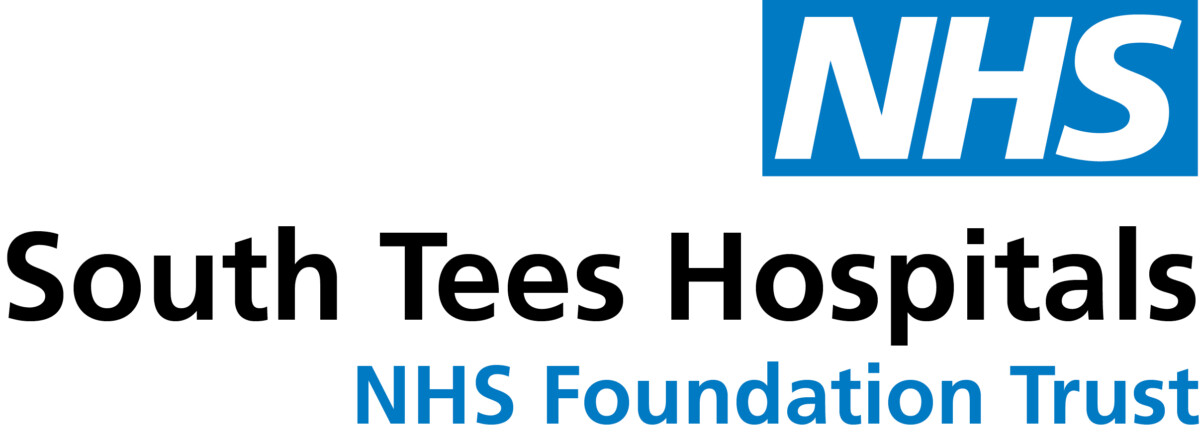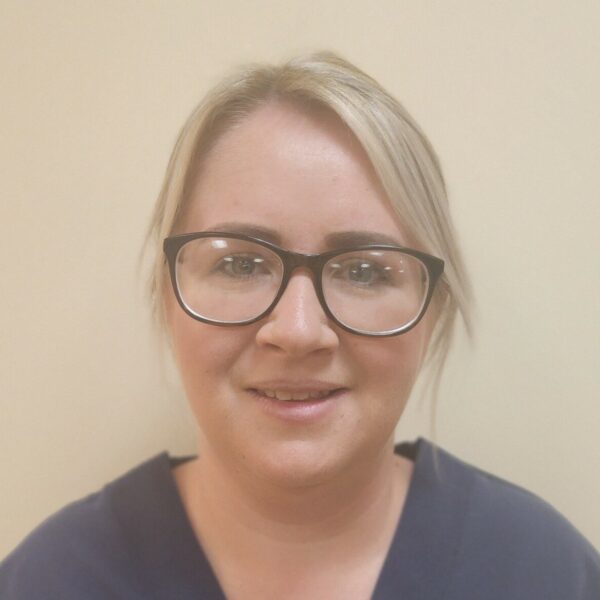A day in the life of a Cancer Clinical Nurse Specialist – Lisa Hodgson

National Cancer CNS Day is now in its second year and takes place on 26th April 2023. Here Lisa talks us through what a typical day in this role can look and feel like.
Thank you for sharing this with us Lisa and a massive thank you to you and the rest of the Cancer CNS workforce for all you do for cancer patients and their families across our region.
Introducing Lisa
I have been a Cancer Clinical Nurse Specialist for 2 years and I am based at the Rapid Diagnostic Centre South Tees based at the Friarage Hospital. I decided to change my career pathway from acute medicine to become a specialist nurse as I wanted a better work life balance, and role certainly fits with having a young family. The job enables me to be around for them when they need me to be, like evening and weekends.
What does a typical day look like?
I arrive at work between 8 and 8:30am. We have a team debrief at 8:30am to discuss any patients that will be seen in clinic that day and to reflect on any of the patients that we may have seen the day before. It gives the team an opportunity to express any concerns about their patients.
The rest of the morning will consist of face-to-face clinics that are generally nurse led. Our patients have been referred in by their GP, the Emergency Department or any inpatient areas following a presentation with vague symptoms or if a clinician has a gut feeling of cancer.
The patients will have had an extensive triage and bloods taken before their clinic appointment. The appointment will consist of a full history taking and clinical examination. Our clinic slots are much longer than standard clinics, lasting between 30 mins and 1 hour depending on if the patient is having a CT scan, as we take a whole person/whole body approach. We always make sure there is time for the patient to ask any questions or express any concerns too.
The majority of these patients will get imaging (mainly CT), clinic review and results on the same day. Our longer clinic slots also allow time for the breaking of bad news. Our cancer care coordinators are part of this consultation to offer support to the patient and their families.
The afternoon consists of triaging new referrals that are sent through. Most of these triages are done by the nursing team, with excellent support from the medical team for any patients that need some expert advice. Patients that are not accepted into the Rapid Diagnostic Centre can often take as much time as those we accept as we always ensure patients are redirected accordingly or an appropriate plan is put in place for them. Patients who are not accepted are either not well enough for pathway and need acute admission or the patient is suitable for a specific pathway, for example the urology pathway.
Monday afternoons in the Rapid Diagnostic Centre is our multi-disciplinary team meeting (MDT) which is attended by the nursing team, medical and surgical consultants, consultant radiologist, admin staff and cancer care coordinators. The MDT gives us all an opportunity to discuss the patients in depth and decide an ongoing management plan. Once we have reached an MDT decision, the team and I will ensure all the necessary tests and referrals are made and contact the patients to make sure they are aware of the plan.
As a whole the team work together to ensure the patient has a diagnosis made within the 28-day faster diagnosis standard. On a day-to-day basis the team is generally made up of one Cancer Nurse Specialist, one Advanced Clinical Practitioner, two Cancer Care Co-ordinators, one Doctor and one Service Improvement Lead.
What does being a Cancer Clinical Nurse Specialist mean to you and your patients?
At the end of the day, I go home feeling fulfilled and satisfied in the work I do, knowing that we have made a difference with the service we offer our patients. We really are a great team at the Rapid Diagnostic Centre, it is refreshing to work in an environment with such support and encouragement.
Becoming a Cancer Clinical Nurse Specialist has meant I have been able to support patients and their families through cancer diagnosis and being that link and support is the most rewarding part of the job. The feedback we get from the patients and their families is that of a positive one, they have a direct line to speak with either a Clinical Nurse Specialist or a Cancer Care Co-ordinator. They are always grateful for the time we are able to give them if they want to ask questions or just generally chat.
I enjoy seeing the patients face to face and being able to offer them a personalised service.
What would you say to someone who is considering becoming a Cancer Clinical Nurse Specialist?
If you are interested in specialising my advice would be to go and speak with those teams in your organisation. Ask them about how to gain extra training and education that you may need for those roles, so when they become available you have those skills already.
